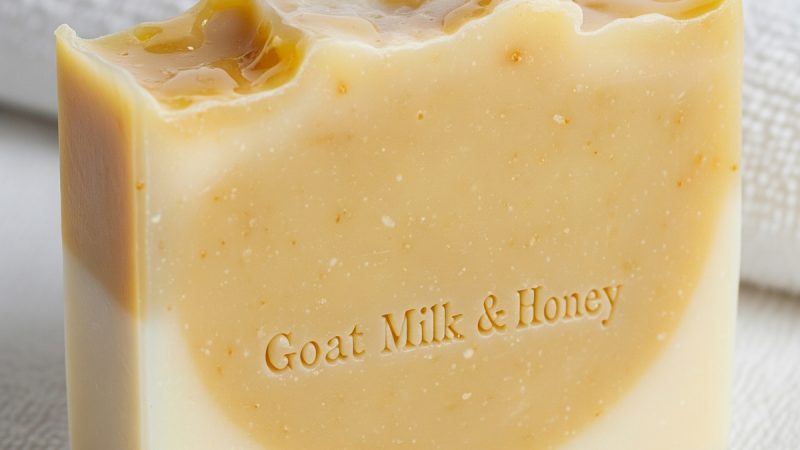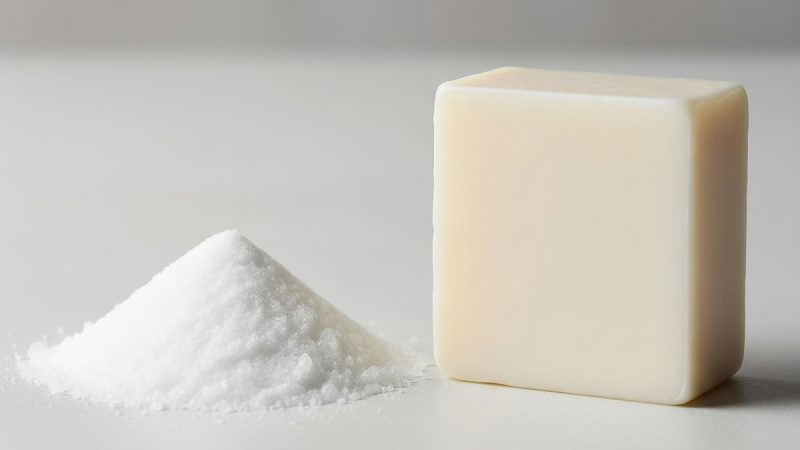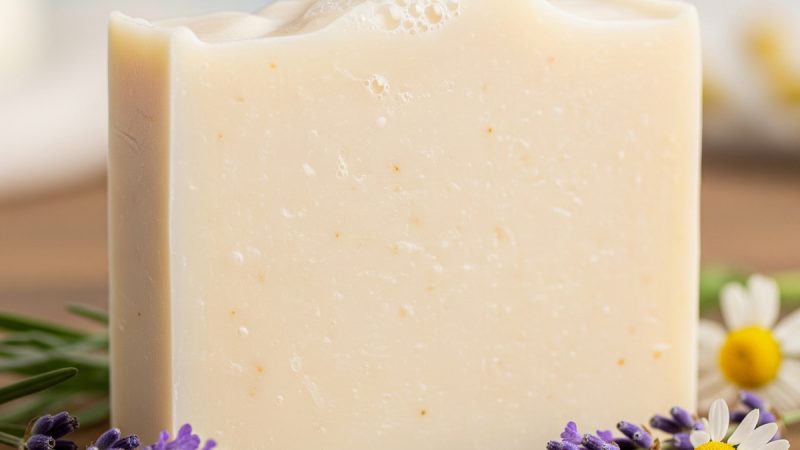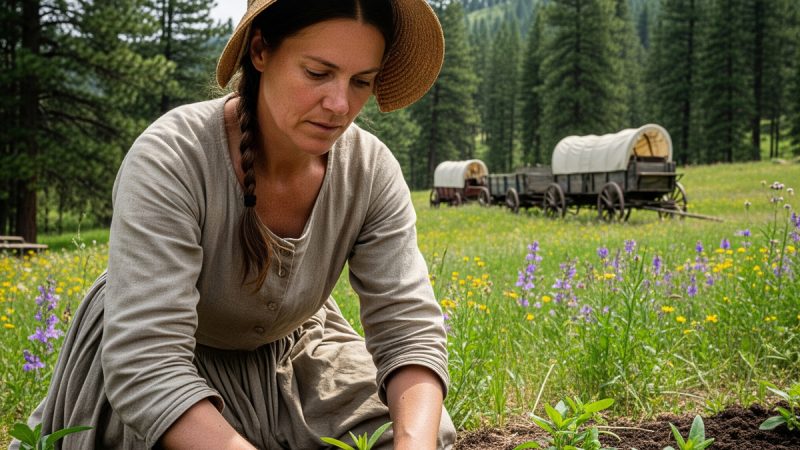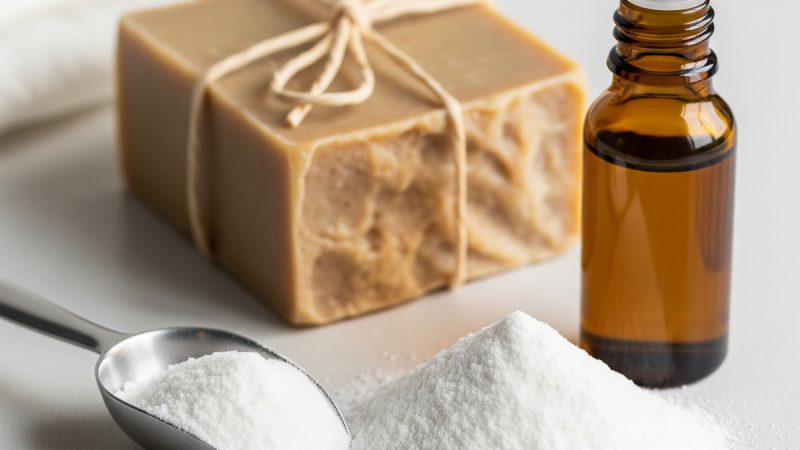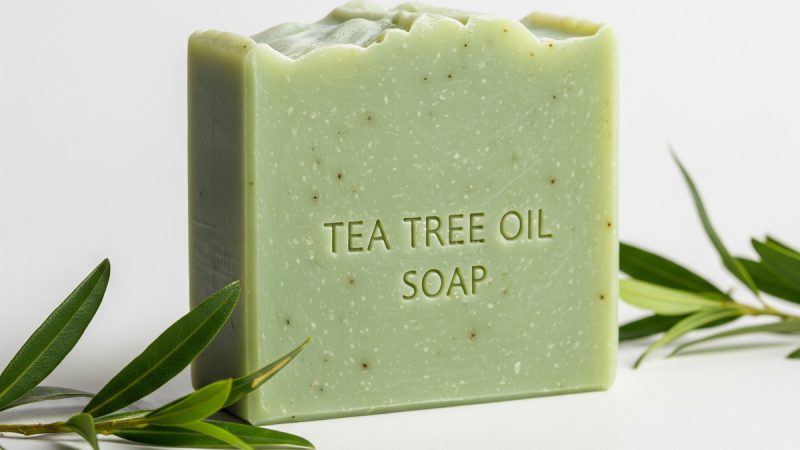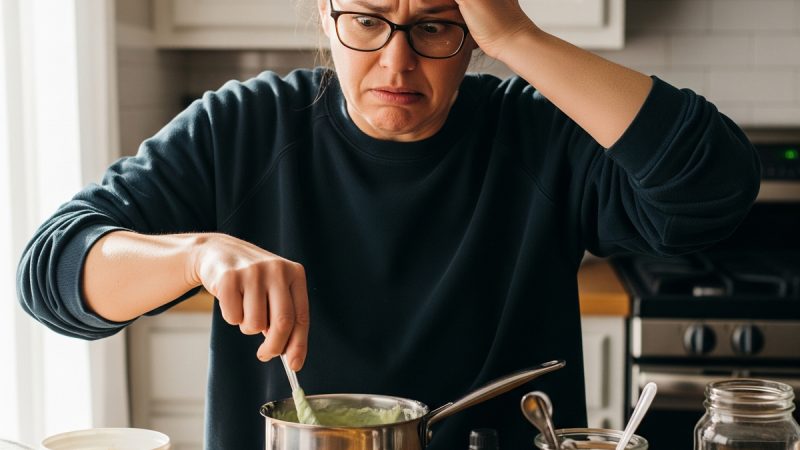Adding Clay to Soap
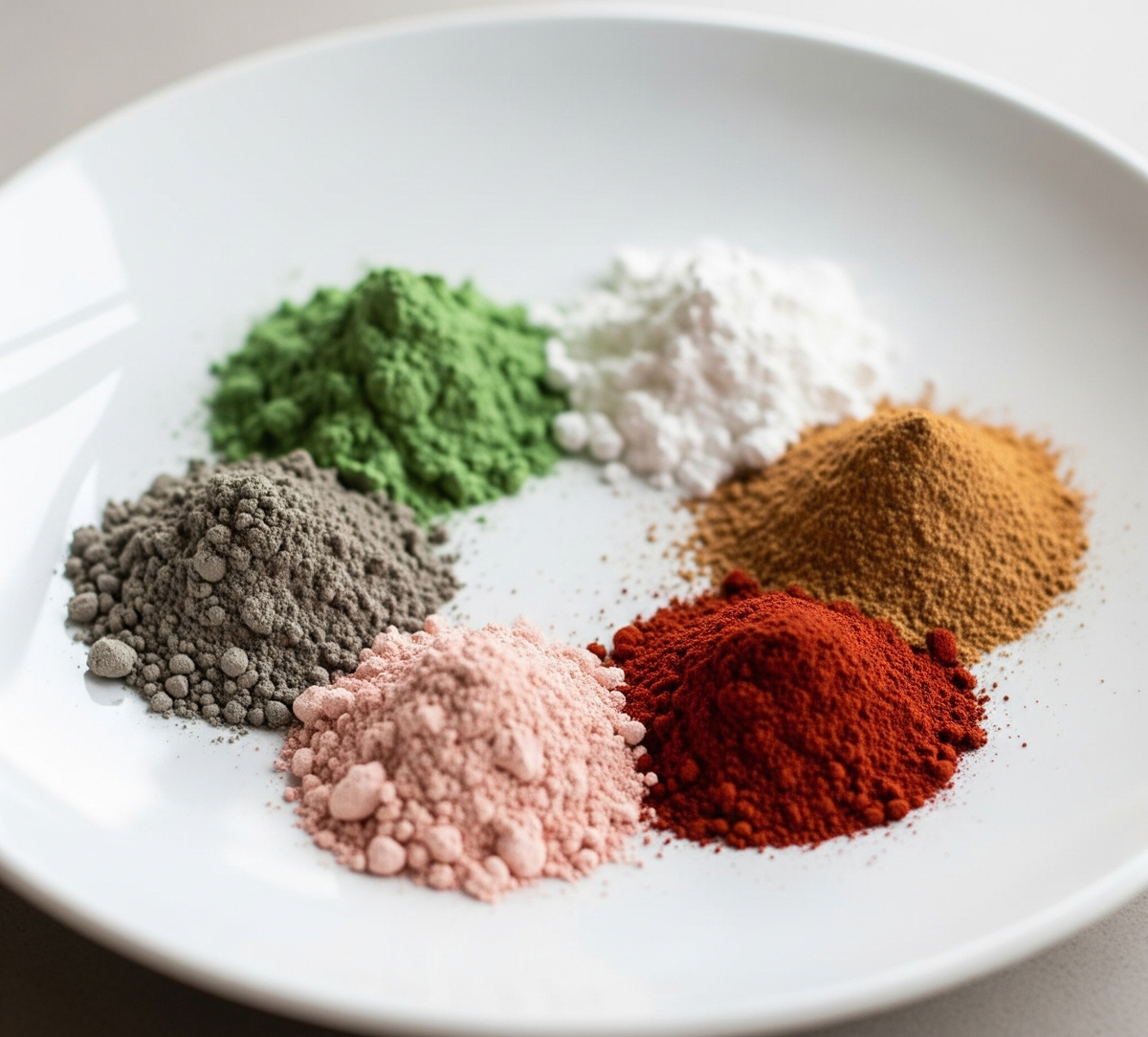
Clay has been known as a therapeutic agent for thousands of years. Before we’ll discuss the wonderful benefits of clay to the skin when used in soap and cosmetics, let’s take a glimpse at fascinating facts about clay and its uses.
Did you know that there’s edible clay? Since clay is rich in minerals, by eating it, it increases the mineral level in the body, causing toxins to be more soluble and more easily removed from the body. Another use for clay is the ‘clay bath’. It is interesting that amidst all of the technology we’ve developed in the last century, we still turn to mother earth for health cures. Taking a clay bath effectively detoxifies the body. It cleanses the skin, a breathing organ, thoroughly and deeply. When using clay in the making of soap and cosmetics, it is always added as a cleaning agent that effectively cleanses and invigorates the skin. Below are several types of clay, most commonly used in soap and cosmetics making:
French Green Clay
French Green clay originates from quarries in France. When used in soap making, it is added as a natural colorant. French Green clay has very high levels of absorbance. Its molecular structure allows it to absorb oil, dirt and toxins from the skin. It balances oily skin to normal pH levels. It can be used daily on local acne spots and in facial masks. Oily hair may benefit from using this clay when added to hair products.
Bentonite Clay
Bentonite clay originates from volcanic ash sediments in the United States. It is known as a soft, moisturizing clay. When a facial mask of this clay is applied to the skin, it draws and absorbs oil, leaving the skin pure and invigorated. It is also used as a mineral supplement when it is taken orally (by eating).
White Kaolin Clay
White Kaolin is the most gentle and fine clay. When it is added to facial masks, it works as an exfoliate and helps promote blood circulation. Because it is light and absorbent, it is added to many cosmetic products such as facial masks, deodorants, powders, soaps and more.
Rhassul Clay
Rhassul clay originates in Morocco. Since it is very rich in minerals, it is added into spas all over the world. This type of clay is known to smoothen, relax and rejuvenate the skin.
Fuller’s Earth Clay
Because its natural properties are to draw oil from the skin, Fuller’s Earth Clay works best as a cleanser for oily skin and acne. Another property of this clay is its ability to tone down the skin and lighten it. It can be found in facial products that help achieve a consistent skin tone.
Rose and Red Clay
Both rose and red clays are added to facial masks and soaps. They work great as exfoliates for the face and body.
Summary
Clay, is an available natural resource which is mined or picked from the earth and benefits us wonderfully when it is added to soap and cosmetics products. It is rich in minerals, absorbs oil from the skin and revives and purifies the skin. Clay can also be used in soap as a natural colorant.
Clay is very easy to incorporate into the soap making process and can be used in the most common soap making techniques (melt & pour and cold process). During the melt & pour process it should be added after the glycerin base has melted. It is added to a little bit of melted glycerin soap base, mixed and then that mixture added to the mass soap. During the cold process, it should be added before pouring the soap into its mold. Doing this assures that the clay won’t sink to the bottom of the soap.
Clay is a great choice for an exfoliate when adding it to soap. Some clays have properties which draw oil from the skin and normalize its level. Some “drink” the oil, soak it and remove it. Other types of clay help with normal, dry and sensitive skin. Clay cleans the skin, promotes blood circulation and invigorates the skin.
Clay is an inexpensive and versatile substance that can contribute a great deal to our well being when added to personal hygiene products.
The Author:
Iris Fuchs
Photo. Gemini

